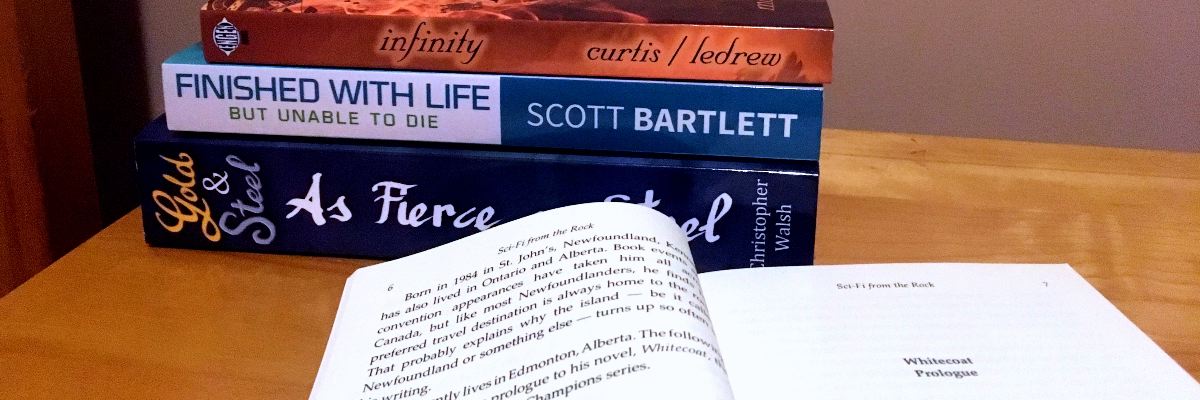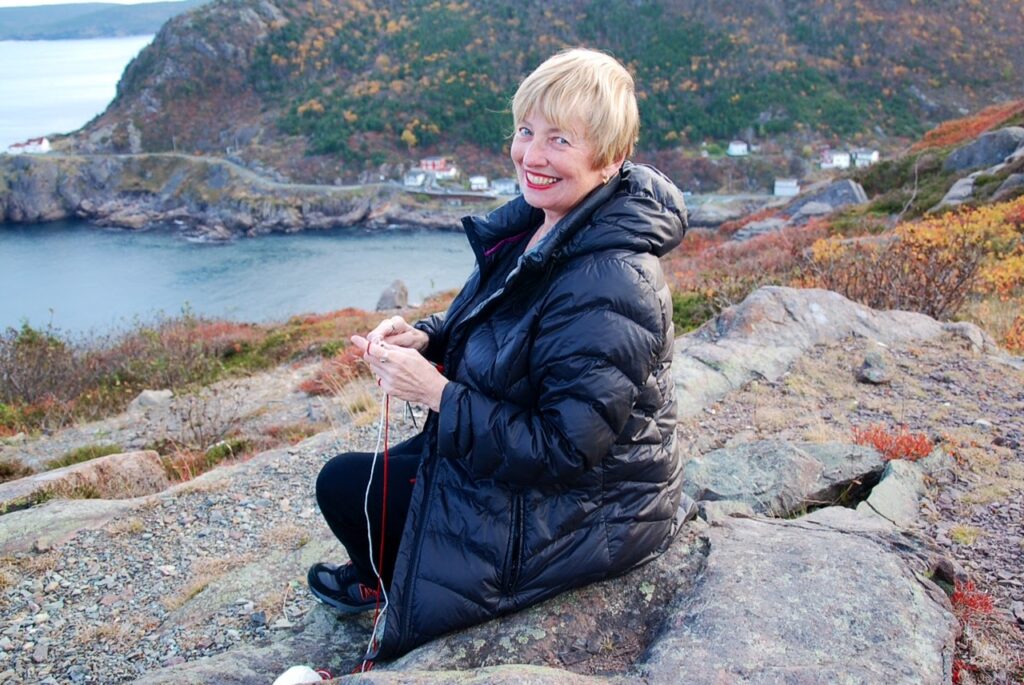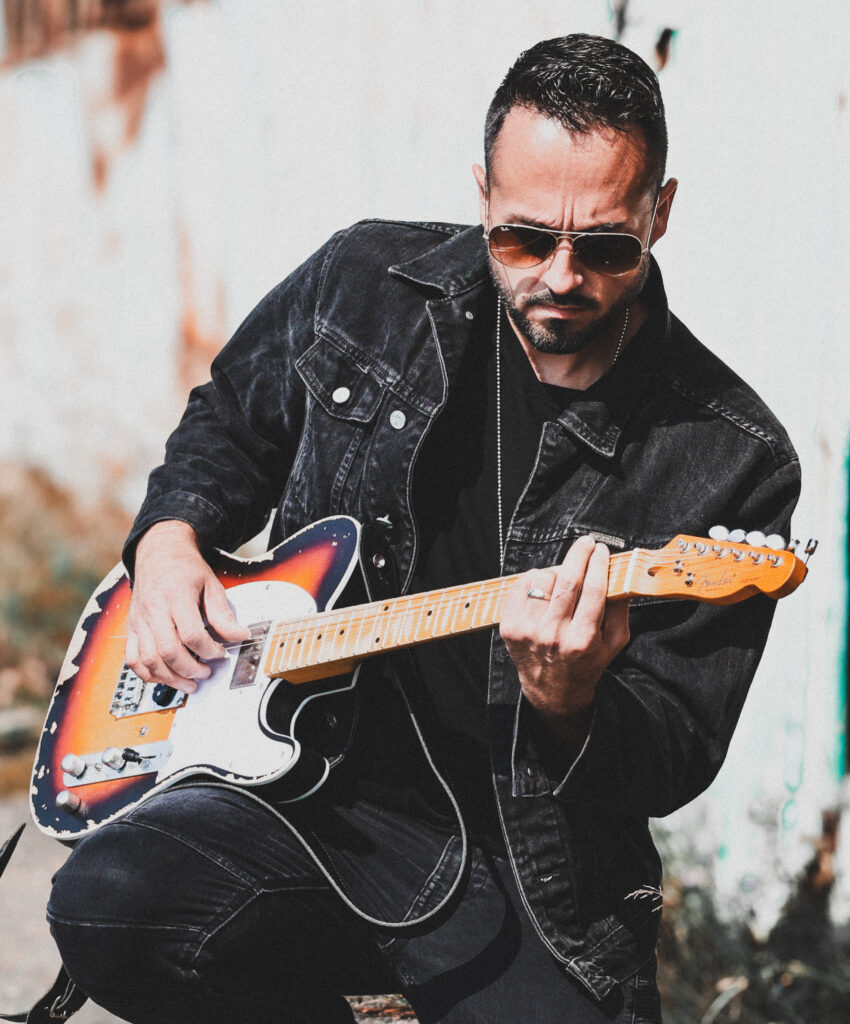Talking ‘bout our genre fiction
BY Ellen Curtis
November 2017
Beam down into any community across Newfoundland and Labrador, and you’ll find storytellers. The cashier who knows everyone’s name and business; the uncle who can recall every holiday and hunting trip in detail. Maybe you can spin a good yarn yourself. But our province’s well-earned reputation for oral tradition is undergoing a transformation. In particular, over the past two decades, genre fiction like science fiction and fantasy have rocketed in popularity, globally and locally. NQ asked five genre authors, all proud to call the province home, how this new wave of fiction is gaining momentum.
Ellen Curtis published her first short story collection in 2008. She co-founded Engen Books with Matthew LeDrew, who is from Francois, grew up in Norman’s Cove, and now lives in St John’s. He’s written 13 novels and, with Curtis, also co-wrote the Infinity series. Scott Bartlett, originally from Paradise, currently has three series in the works. Christopher Walsh lives in Brigus South where he’s creating The Gold and Steel Saga. Kenneth Tam was born in St John’s and now lives between Alberta and Ontario. His books include The Equation and Defense Command series, and in 2002 he co-founded Iceberg Publishing, an independent family firm.
Ellen Curtis: So when did everyone here start writing? And what do you write?
Matthew LeDrew: Some of my earliest memories are at a typewriter. I was in high school when I started working on my first series, Black Womb. With it, I took the thriller approach paired with sci-fi elements, so I could tap into fear and explore humanity through that.
Christopher Walsh: I started writing, mainly fantasy, when I was back in high school, but it wasn’t until 2011 that I started writing in earnest.
EC: I think we all can say it’s a ‘write what you know’ sort of thing for us, then. I loved the province’s folklore growing up, and I loved the idea that, through magic or mutation, ordinary people could become extraordinary in some way.
Scott Bartlett: Yeah, I started at 15. I was always a reader, and books were very important to me. I wanted to be able to give back. Now, I write chiefly science fiction, but I’ve written contemporary and medieval comedy (Taking Stock; Royal Flush) as well. I like science fiction because I can play with ideas I find interesting.
Kenneth Tam: For me, it was a long time ago, 21 years ago, I think. I started Human Equation in 1999. I grew up watching Star Trek and studying history, and now, in my writing, I focus on science fiction and alternate history.
EC: What was the industry like here when you all started?
ML: Ken started Iceberg 15 years ago, and I started Engen ten years ago. The biggest change is that a lot of the barriers for entry have been removed for small press and self-publishing.
KT: Back then we started off with a distribution deal, but as the market changed, that deal disappeared, so Iceberg started working the sci-fi convention circuit. That’s how we met Matt, how he ended up starting up. The industry has changed, supply is exceeding demand, so traditional publishers don’t have that stranglehold they once had. It’s harder to make money, but it means people get to tell their stories who wouldn’t have.
CW: The industry is a lot different than I thought it would be. I thought I would get a lot of local support, but a lot of the traditional publishers and media in Newfoundland won’t touch work that isn’t set in Newfoundland. The local market can be hard on genre fiction. Readers locally didn’t have that bias, though. Once I could get the book in their hands, and they read it, they came back saying they wanted the next one.
ML: Yeah, authors on the mainland seem to have no limits put on them for imagining other worlds, but the message here for a long time seemed to be that Newfoundland writers were only allowed to imagine Newfoundland. Obviously, that’s not true, and all of our writing is proof that there’s an appetite for that sort of story in this province and beyond.




